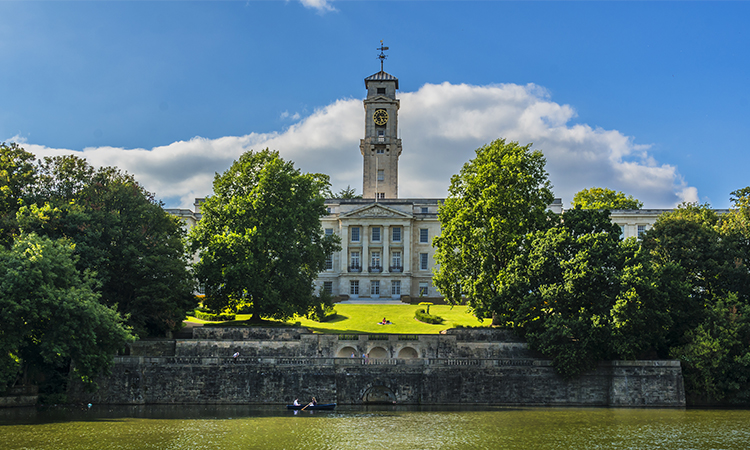University Of Nottingham experts receive funding to analyse conflicts between human priorities and environmental challenges
Two researchers from the University of Nottingham have been granted a funding boost to help analyse how thinking about a ‘more-than-human’ world can help us negotiate conflicts between environmental challenges and human priorities, to ensure sustainable futures for the planet and its inhabitants.
Catherine Price, a social scientist in the School of Geography, and Tom Bott, a soil scientist from the School of Biosciences, will receive a share of £250,000 from the Advancing Capacity for Climate Environment Social Science (ACCESS) Flex Fund competition to help include the more-than-human world in responsible research and innovation.
Their project, which looks at animals, plants, soil, water and land, aims to develop a conceptual framework for including these more-than-human world elements within responsible research and innovation (RRI).
The implementation of RRI by researchers ensures that research and its impacts on the wider world are opened up to broader deliberation, engagement and debate in an inclusive manner. This enables the complexities and uncertainties of research to be revealed through involvement with those impacted by the research.
To test the suitability and further its development, the conceptual framework will be applied to the case study of biochar. Biochar is a carbon-rich material produced when biomass undergoes a thermochemical process called pyrolysis.
Biochar is an ideal case study as it is a ‘new technology’ that is currently being investigated for its greenhouse gas removal potential at scale and which has a direct impact on the more-than-human world throughout its lifecycle.
Catherine Price said of the project: “I’m delighted we’ve received this funding. Including the more-than-human world will lead to a more environmentally conscious RRI framework, enabling researchers to better deal with current and future environmental challenges.”
Tom Bott added: “I’m excited to explore how the more than human-world can be better represented within research and I’m grateful to the funders for supporting our project.”

